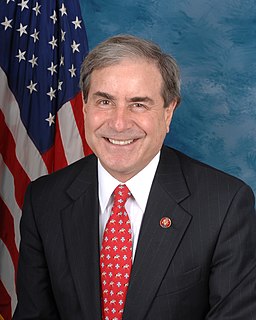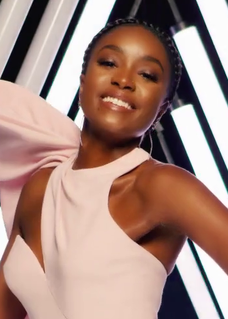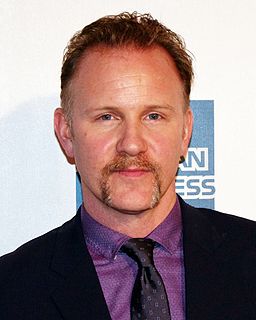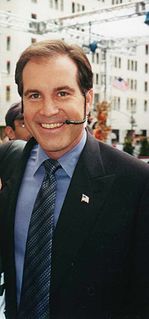A Quote by Ottessa Moshfegh
I think we waste a lot of time trying to convince other people that we're right. A lot of times we don't actually care what another person thinks, we just want to say what we think. To hear it reflected back to us and that we're okay, to hear that we have been understood and that we're correct - so that we can continue to be who we are in the ways we've been being, and we have nothing to feel bad about and everything is just fine. Even if what we're talking about is, like, police brutality.
Related Quotes
I think a lot of times photo sessions is just a test, maybe, for models. Sometimes it's for money. I'm going to shoot a girl in a couple weeks in Italy who has been writing me for a couple years. She sends photos all the time and it's kind of like a game. A lot of times people write and then they just want to see if I'm interested. If I say I am, I never hear from them again.
I think that I'm pretty much who you see onscreen. Are there times when I ask questions of people and have a sense of what their answer may be? Sure. I think that you can't deny that. But you still want to hear from that person, even though you may anticipate what they may say. I am as natural right now as I am when I talk to somebody in the Middle East. It's just trying to be a real person to them. So long as I can be as honest with myself when I make a movie like that, I can continue to be honest with you.
I think, a lot of times, the mistake in music - even rappers that are trying to be big time - if you're broke, rap about being broke. If you're sensitive, rap about being sensitive, 'cause there are other sensitive people. If you're sensitive, but you talk about being a tough person that doesn't care about anything, people will call your bluff.
When a Tralfamadorian sees a corpse, all he thinks is that the dead person is in bad condition in the particular moment, but that the same person is just fine in plenty of other moments. Now, when I myself hear that somebody is dead, I simply shrug and say what the Tralfamadorians say about dead people, which is "So it goes.
I believe that the greatest music is storytelling anyway, in a heightened medium. So I write a lot of music, and I play a lot with my guitar, I still sing a lot, but now I'm more personal about it than public, in a way. I think there will be a time where I'd like to bring the singing back into some of my performances. It all depends if the material's right, if the story's right, if it's my kind of taste in music, as well. It means so much to me. We all know how affective music can be, I just want to make sure when I do it, I'm doing it because I actually feel it and I care about it.
People think, for some reason, that I don't care about creativity and art, or helping people. So I would say that the biggest misconception is, when you think about me, when you think about my name, I don't want you to think about design or clothes or music. I want you to think about a person that's just trying to help people.
I don't like my wrestling or entertainment in general to be too clean or predictable for me as a fan. When I say clean, I'm not talking about dirty jokes, middle fingers and stuff like that. I'm actually not even a big fan of that. A lot of people talk about the attitude era being so great but a lot of it was terrible crap, sex jokes and over-the-top terrible bad comedy. It was Jerry Springer-like. They made a joke about a woman's breasts. Hilarious, but where's the wrestling? I look back on a lot of stuff now, and I'm like where's the wrestling? It's just a lot of crappy jokes.
The thing I've been talking about with daughter is the idea of - and I'm talking about essentially in America - the possibility of, a lost generation. I've been listening to a lot of music - as a fan, as a critic, as somebody who likes to dance - but I hear, you know, within these songs and half the people I hear, these philosophies encoded and embedded in these songs.







































